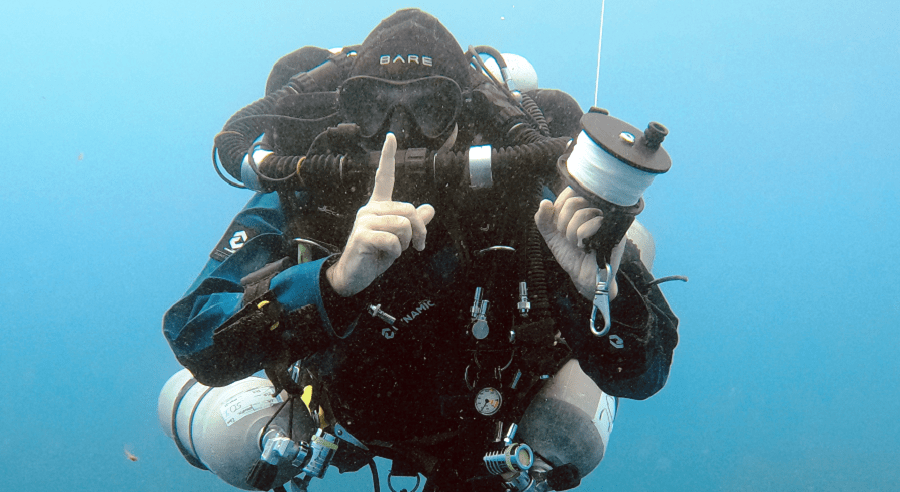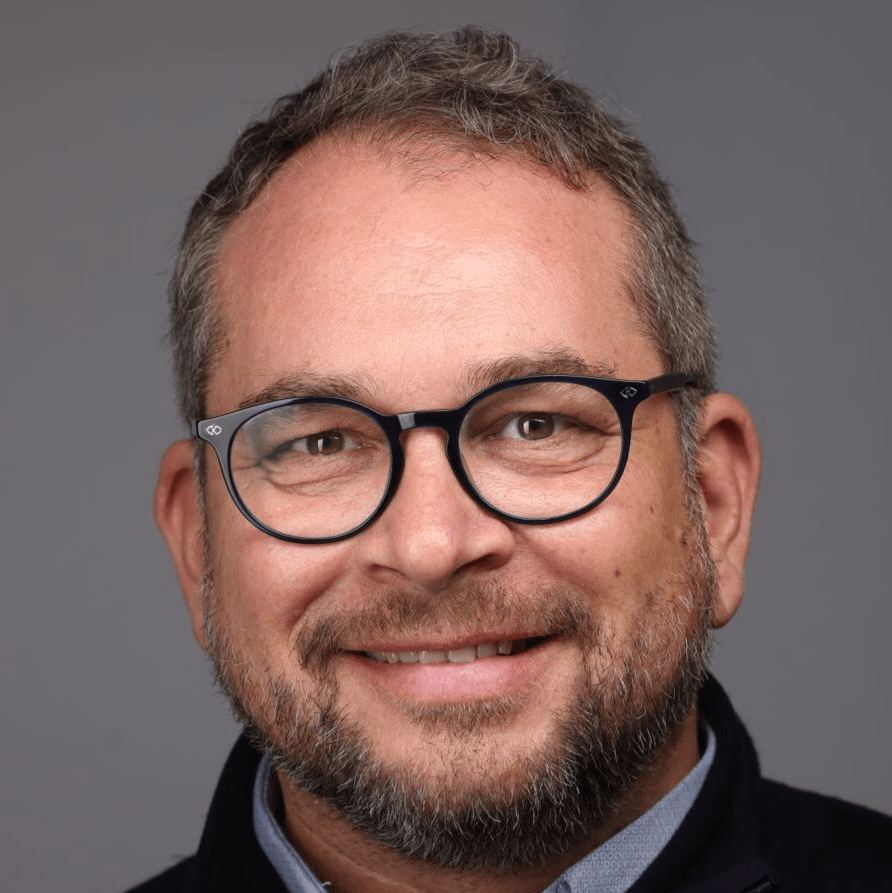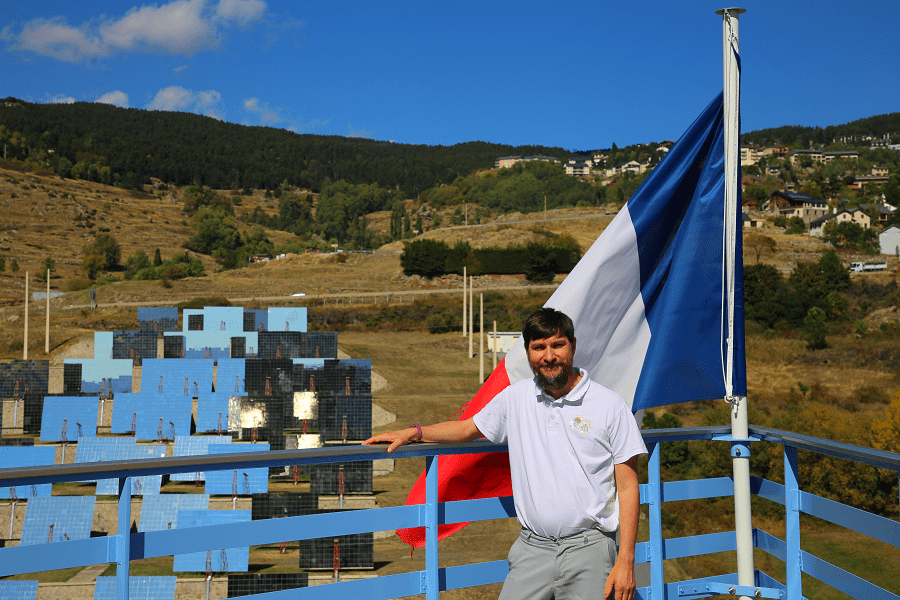The University of Lleida (UdL) combines a university tradition with a young and dynamic structure. The Iberus project has awarded UdL the “Campus of International Excellence” title, which also extends to the Universities of Zaragoza, La Rioja and Navarre.
UdL is characterized by an innovative training offer focused on achieving the objectives of the European Higher Education Area (EHEA).
The International Relations unit manages academic exchange programs at the University of Lleida, such as Erasmus+ and the UdL Mobility Programme, among others. It encourages the mobility of students, teaching and administrative staff towards other higher education institutions, and it also promotes the reception and integration at the University of Lleida of students and staff coming from universities abroad.
We spoke with Jaume Puy Llorens, Rector of the University of Lleida, about international programs, the most sought-after faculties, student employment and the university’s most famous alumnus.
Interview: Irina Rybalchenko
What is the budget of the University of Lleida for 2022 for the development of education and science?
UdL’s 2022 budget is just over €97 million, mostly funded by the Catalan government (66%), followed by academic fees (23%). Most of the budget goes to the salaries of teachers, researchers and administrative and support staff.
Which faculties are the most popular among students?
We have specializations divided into four main areas: health sciences; engineering and informatics; humanities and social sciences; agro-food, forestry and veterinary medicine. In all these areas, we train specialists at the international level.
The University of Lleida is prominent in Catalonia and is an international reference point in agri-food and forestry research.
The Faculties of Education and Health, Medicine and Nursing, and the Faculties of Veterinary Medicine and INEFC (Affiliated Center) receive many more applications than they can offer.
Do you have foreign students?
We need to distinguish between those who participate in mobility programs and those who study with us regularly. In terms of mobility, aside from the downturn that the pandemic caused, we typically host about 450 students each year, with most students from Italy and Mexico (17% each), followed by China and Brazil (12% each). At the same time, more than 360 UdL students leave Spain for study programs, with Italy and Mexico being the main destinations.
The Faculty of Education, Psychology and Social Work heads mobility with the University of Andorra. UdL accepted six Andorran students this year and sent five of its own to Andorra.
In terms of regular enrollment, this year we have accepted 156 students from Andorra in regulated study programs (145 undergraduates, seven masters and four doctoral students).
Andorra is the first country of origin of our regular students from outside Spain.
Are there any joint research projects with Andorra? In what areas?
There is academic cooperation between UdL and the University of Andorra in the field of teaching, joint supervision of dissertations, etc. Cultural aspects such as the theater in Andorra or the fallas (fire festival) in the context of the entire Pyrenees that the researchers of UdL have studied. We haven’t had joint research projects, but this is an area to explore as there are many areas of common interest on both sides.
Do you have distance learning programs?
We are a full-time university. While we have successfully established distance learning during the pandemic, we have returned to in-person learning when conditions allow.
What innovations does the university apply in the field of education?
We have an intensive in-house innovative learning program dedicated to teachers, which includes dozens of specialization courses that are offered each year. We encourage innovation in education through grants and institutional awards, both general and, in some cases, sectoral.
The quality of teaching at UdL is prominent every year both internationally (in THE Impact Rankings 2022 we are in 46th place out of 1180 universities in terms of education quality) and nationally (in the U-ranking we are in third place) among 72 Spanish universities.
What percentage of graduate students find a job after graduation? Do you have contracts with companies or a support system for graduates looking for a job?
Students at the University of Lleida undertake a traineeship in companies or institutions of all levels. We have over a thousand contracts that allow us to offer over 2,700 places per year, where UDL students complete over 2,300 traineeships. We have over 10,000 job postings registered on our Job Teaser website. As a result, 92% of our graduates find a job within a year of graduation.
Is research being conducted at your university? In what areas?
Research is one of the pillars of our university and we are very competitive internationally in some areas of expertise. For many years we have been ranked first in international rankings in the field of food and agriculture. Our two professors, Dr. Olga Martín (food technology) and Dr. Luisa F. Cabeza (energy engineering) are among the most cited researchers in the world in their respective fields.
UdL’s environmental and forestry research related to climate change has also been published in the world’s top scientific journals, including Science.
It is difficult to summarize, without leaving significant contributions, the effect of the more than 800 scientific publications that our research staff makes each year and which, in percentage terms, appear more often in specialized journals than the average for other Spanish universities.
What are the benefits of the Erasmus program? Which countries do you have an agreement with?
The Erasmus program has been a success for the European Union and UdL has been involved in it from the very beginning, enabling thousands of our students to discover their professional and personal horizons over the years. The presence of mobile students in UdL also has a strong economic impact on the city. We have Erasmus exchange agreements with universities from almost the entire EU, as well as third countries associated with the program. Our Erasmus students’ favorite destinations are, in that order, Italy, Germany, France and Poland.
Are there student financial support programs? If a student does not have enough money, can they attain higher education in Spain?
The state has a general concept in the field of scholarships for studies, managed by the government of Catalonia, through which, depending on the socio-economic situation, the student can receive help for studies and study materials, and move from their place of residence to the university and/or offset the cost living away from home.
UdL has its programs that complement these needs in the form of scholarships, travel grants, special grants for study in difficult socioeconomic situations, and grants for students with special educational needs, among others.
UdL is a public university and the government of Catalonia approves the fees for official and master’s degrees each year.
Can you name a few of the most famous students who graduated from the university?
UdL is a young university, and I would rather talk about graduates in prestigious or responsible positions than about celebrities.
Probably the best-known today is Dr. Bea Mothe, who works at the IRSICaixa Research Center, and holds a Ph.D. in Medicine. One could also mention Dr. Enrique Playán, an agricultural engineer who for several years headed the Spanish State Research Agency.
Our graduates are agricultural engineer Dr. Maria Navarro, a professor at the University of Georgia (USA), and Dr. Ángela Cánovas, an expert in animal genetics at the University of Guelph (Canada). Both have received outstanding awards in their academic and scientific careers. And finally, Professor Núria Perpinyà, educated at the Faculty of Arts, and today is a well-known writer of essays and novels.











